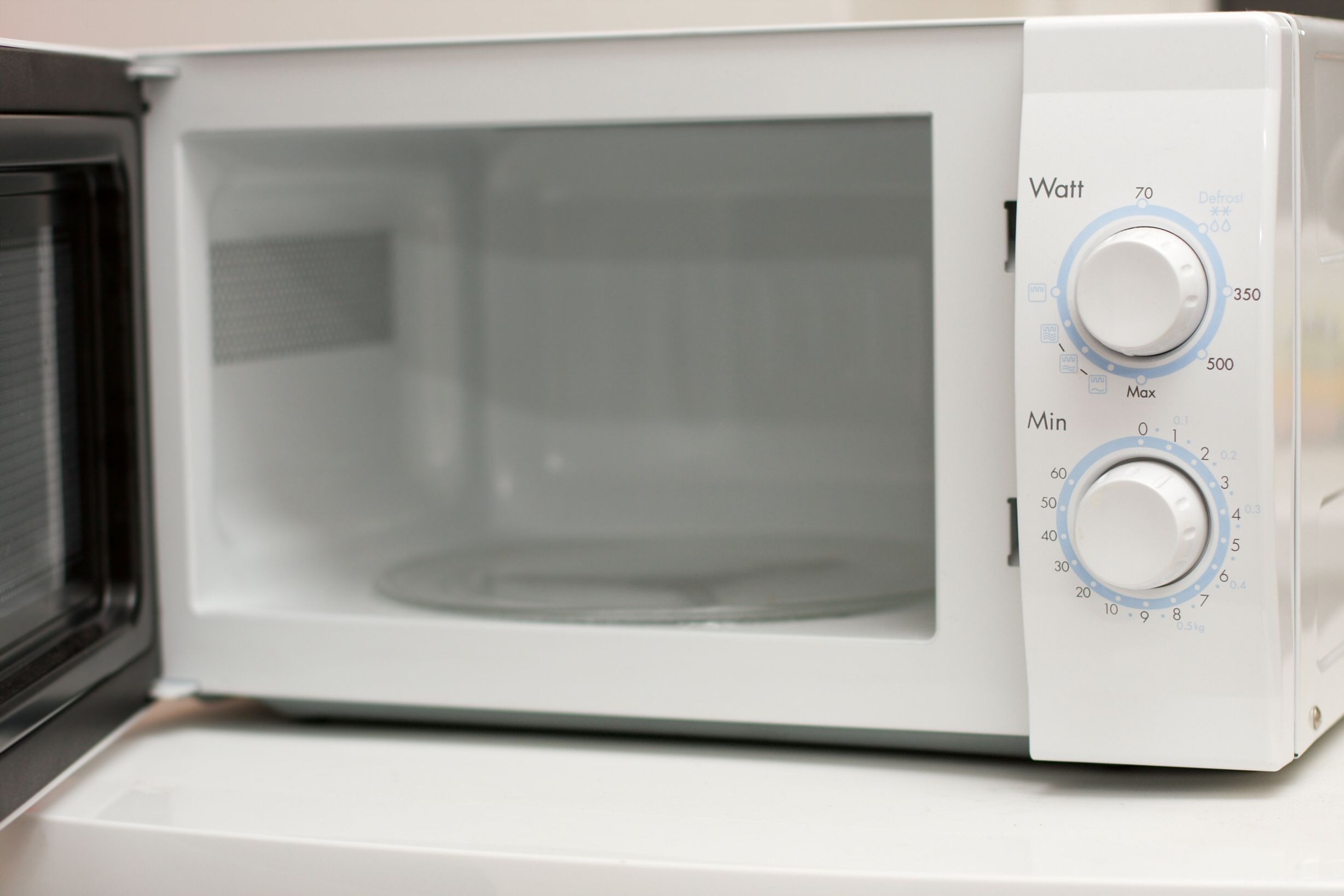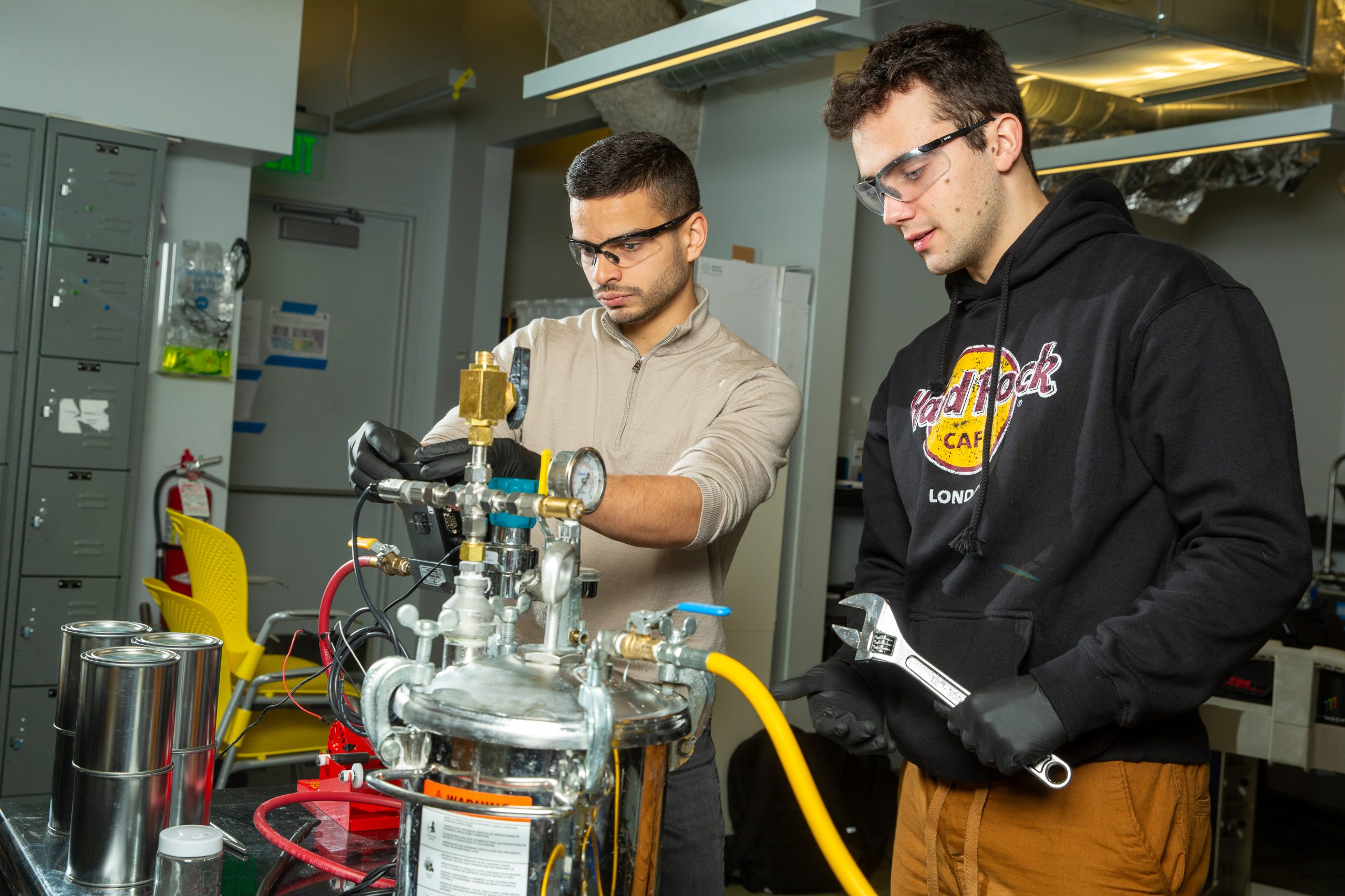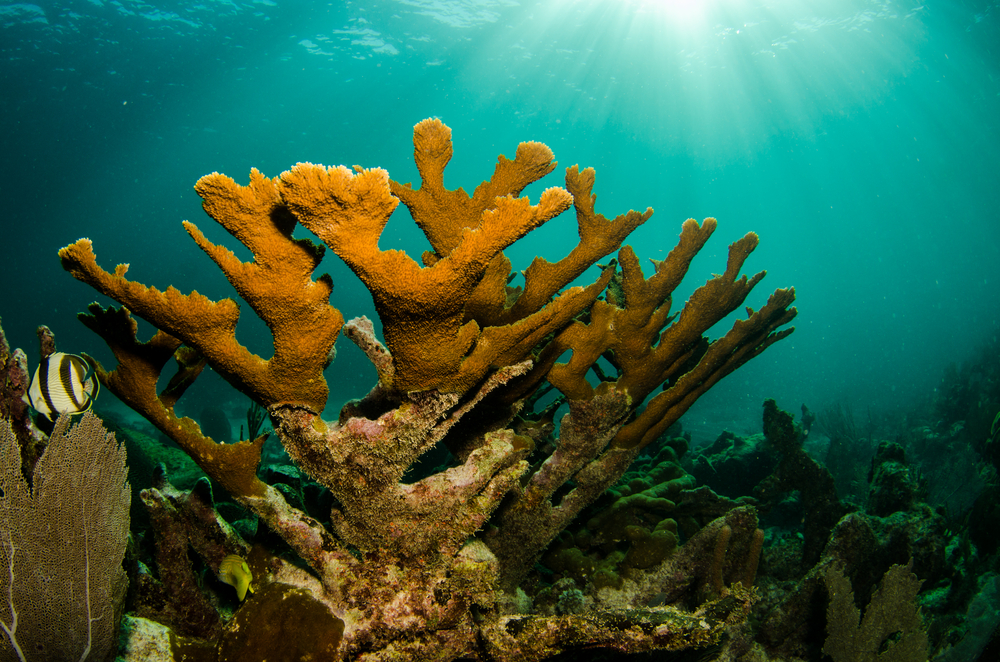Cutting out single use plastic can be tough when it seems like everything comes wrapped in it, but Nestle is piloting a new zero waste program for their products in stores in Switzerland that hopes to cut down on plastic waste.
Purina cat food and Nescafé coffee are some of the products you can now get in the refill stations, supplied by start-up Miwa. The systems use reusable “smart cups,” so instead of scooping out the product yourself, the dispenser automatically measures out the product directly into the cup.
Through a system app, shoppers can pay for the product on their phone immediately after filling the container, and then can look at the nutrition information and expiration dates when they get home. Companies can also directly trace sales statistics in real time and measure return rates on containers.
Nestle plans to make all of its packaging reusable or recyclable by 2025 and also plans to cut its use of virgin plastic by a third. These new systems are a big part of reaching that goal.
We’ve shared many stories recently about the benefits of creating a circular economy and featured companies such as Loop, which Nestle is also a part of, and Lush which are making this goal a reality.
Looking forward, the company is experimenting with reusable water dispensers and compostable packaging as well to reduce their plastic footprint. One external study found that the Miwa system cut the overall environmental impact of packaging by more than two-thirds.
The systems have been so successful and popular in parts of Switzerland that the company plans to expand the program in cities across the country.
These high tech stations are a great solution for expanding zero waste shopping beyond small niche stores to include large retailers as well. They also make zero-waste shopping as easy and convenient as picking up traditional items, meaning shoppers will be more likely to get on board.












